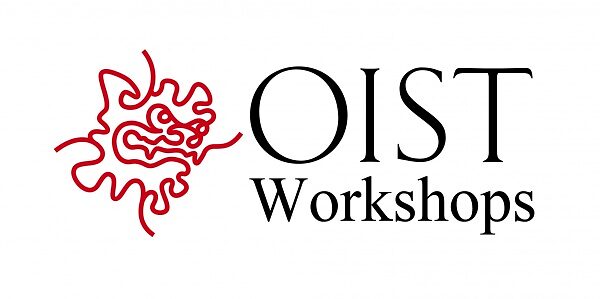RD2DS - 2016: Recent Developments in 2D Systems

Date
Location
Description
The discovery of the integer quantum Hall effect in Si MOSFET by Klaus von Klitzing in 1980 (1985 Nobel Prize) has launched an exciting research field dealing with quantum phenomena in two-dimensional (2D) systems. Over the years, other successful realizations of 2D systems have become available, bringing further fascinating discoveries. One famous example is a modulation-doped GaAs/AlGaAs heterostructure which allowed the discovery of fractional quantum Hall effect in 1982 (1998 Nobel Prize). Another successful and very promising realization of a 2D system, which occurred in 2004, is graphene, a subject of a 2010 Nobel Prize awarded to Andre Geim and Konstantin Novoselov. More recent realizations, such as oxide interfaces, are also revealing intriguing new physics. Finally, non-degenerate electrons on the cryogenic substrates (e.g. liquid helium) also offer a fascinating platform to investigate quantum properties of 2D electrons.
The OIST workshop “Recent Developments in 2D systems” (RD2DS) aims to bring togther leading world experts and young researchers working on various aspects of 2D systems to discuss ongoing developments and exchange ideas on a variety of topics including
- Quantum Hall effects and related phenomena
- Graphene and graphene-based heterostructures
- Emergent 2D systems such as oxide heterostructures
- Topological phases of condensed matter
- Magneto-transport and magneto-spectroscopy
- Non-equilibrium phenomena
The number of participants is strictly limited to 58.
- Begin Accepting Applications: October 31, 2015
- Application Deadline: November 30, 2015
- Notification of Application Results: December 15, 2015
- Participants arrive in Okinawa: April 3, 2016
- Participants depart Okinawa: April 9, 2016
For more information visit: https://groups.oist.jp/rd2ds
Website URL
Application Deadline
Subscribe to the OIST Calendar: Right-click to download, then open in your calendar application.



